June 25, 2025
TL;DR
My Two-Cents Worth Summary: The consulting paradox is real: the skills that make you excellent at serving clients often sabotage your ability to sell those services. The breakthrough comes when you realize that true consultative selling means being complete in your exploration of fit, budget, and timeline—not avoiding those conversations.
Blog Post Summary: I had Claude.ai critique one of my sales calls and learned I was being "consultative but incomplete." My biggest realization? Being consultative doesn't mean avoiding sales—the best consultative sellers know when to shift from exploring problems to assessing fit and moving forward.
Podcast Interview Summaries: Two consulting journeys with very different paths but valuable lessons for anyone making the leap. Julie Collison shares the raw reality of her first year transitioning from government work to special education consulting. Meanwhile, Jessica Rickle shares a key insight that community-building beats education alone, and shifting from time-based to deliverable-based pricing eliminated scope creep while boosting both income and client satisfaction. Both stories highlight that success comes from authentic relationships and strategic thinking, not just marketing tactics.
My Two Cents Worth:
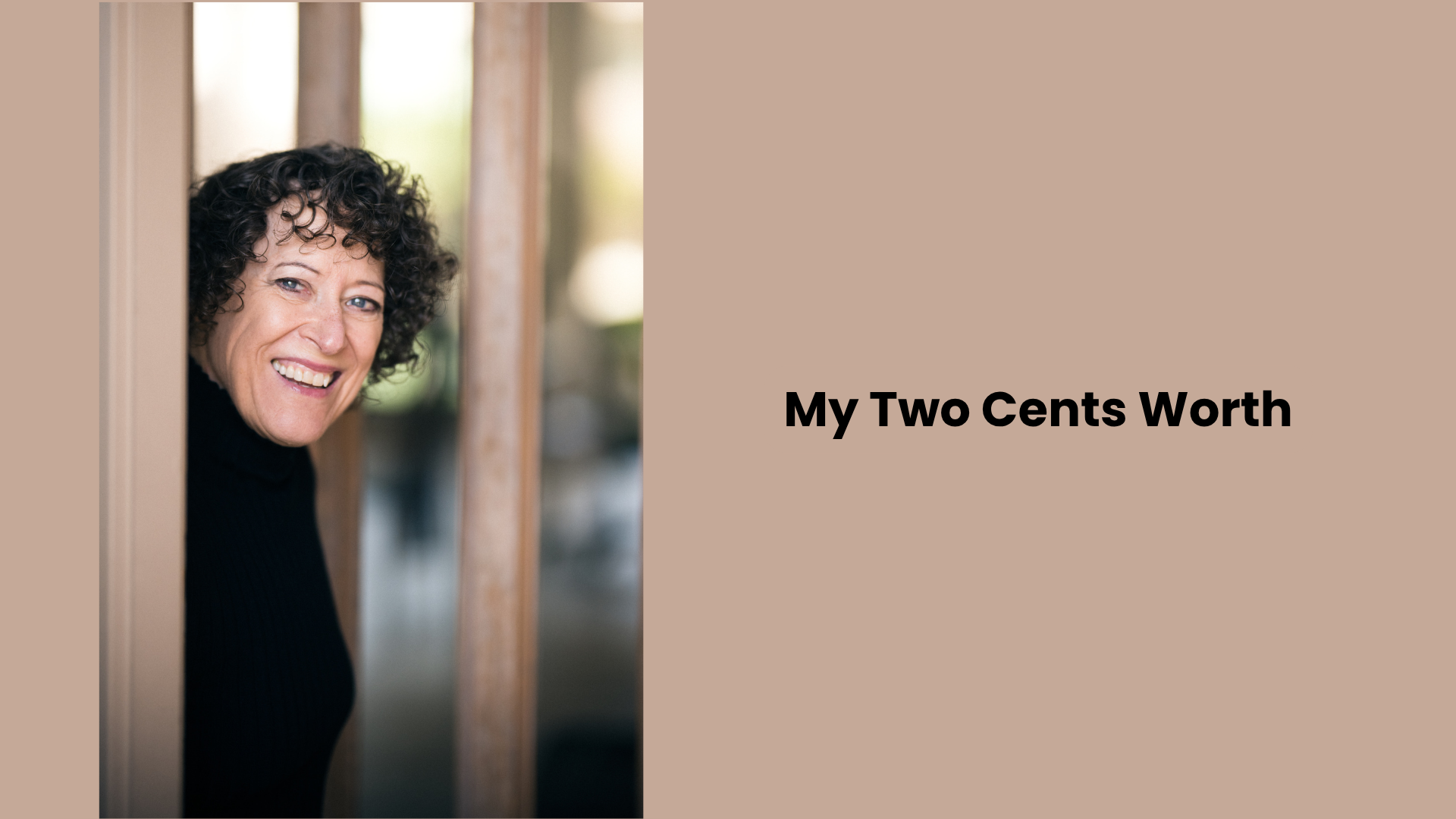
The Consulting Paradox: Why Being Good at Your Craft Doesn't Make You Good at Selling It
There's a paradox at the heart of consulting that nobody talks about: the very traits that make you excellent at serving clients often sabotage your ability to sell your services.
I've been thinking about this after having my own sales call critiqued and hearing two fascinating consultant origin stories on my podcast. The pattern is unmistakable—and it explains why so many brilliant consultants struggle to build sustainable practices.
The Consultant's Dilemma
Julie Collison spent thousands on Facebook ads that generated zero clients. Jessica Rickle replaced her corporate salary in six months. I thought I was being consultative on sales calls but was actually being incomplete.
What's the common thread? We're all skilled professionals who had to learn that expertise in our field doesn't automatically translate to expertise in selling that field.
The skills that make us great consultants—deep listening, collaborative problem-solving, putting client needs first—can actually work against us in sales conversations. We're so focused on being helpful that we forget to be helpful in the right way.
The "Consultative but Incomplete" Trap
When I had my sales call analyzed, the feedback stung because it was so accurate. I was being consultative—asking questions, listening actively, providing insights. But I was being incomplete because I was avoiding the very conversations that would actually serve my prospect best.
I asked about revenue but not budget. I explored problems but didn't create urgency. I shared what I do but not the specific outcomes he could expect. I was so worried about being "salesy" that I wasn't being truly consultative at all.
True consultative selling isn't about avoiding sales—it's about being complete in your exploration of fit, timeline, and next steps. The best consultants know when to shift from exploring problems to assessing solutions.
The Network vs. Marketing Myth
Both Julie and Jessica discovered something that challenges the entire digital marketing industrial complex: authentic relationships consistently outperform marketing tactics.
Julie's breakthrough came through referrals and in-person connections, not Facebook ads. Jessica started with her warm network and built from there. Yet we're constantly told we need funnels, content calendars, and sophisticated automation.
Here's what I think is really happening: consultants succeed when they focus on deepening relationships rather than widening reach. But relationship-building doesn't scale in the same obvious way that paid advertising does, so it gets overlooked.
The irony is that consultants are relationship professionals. We succeed by building trust and delivering value over time. Why wouldn't our marketing work the same way?
The Pricing Revelation
Jessica's shift from time-based retainers to deliverable-based pricing eliminated scope creep while increasing both income and client satisfaction. This isn't just a pricing strategy—it's a mindset shift that addresses one of consulting's biggest challenges.
When we price by time, we're essentially saying our value is our availability. When we price by outcome, we're saying our value is our expertise. The difference is profound, both for our confidence and our clients' perception.
Yet most consultants (myself included) default to hourly or monthly rates because it feels safer and more predictable. We're optimizing for the wrong thing—our comfort rather than our value.
The Real Challenge: Identity Shift
What Julie, Jessica, and I all had to navigate wasn't just tactical—it was identity-based. The shift from employee to entrepreneur, from helper to seller, from expertise-provider to business owner.
Julie captured this perfectly when she talked about the "fundamental shift from nonprofit mindset to charging appropriately." Jessica had to learn that community-building was more valuable than education alone. I had to accept that being consultative meant asking harder questions, not easier ones.
The challenge isn't learning new skills—it's unlearning old identities that no longer serve us.
The Path Forward
So what does this mean for consultants who want to build sustainable practices?
First, embrace the incompleteness. If you're avoiding budget conversations, timeline discussions, or next-step clarity because you don't want to be pushy, you're not being consultative—you're being incomplete. Your prospects deserve better.
Second, invest in relationships before reach. Julie's referrals beat her Facebook ads. Jessica's network outperformed her marketing tactics. Start with the people who already know and trust you.
Third, price for outcomes, not time. Your value isn't your availability—it's your ability to solve problems and deliver results. Price accordingly.
Finally, get outside perspective on what you think you're doing well. Sometimes we're too close to our own patterns to see them clearly. Whether it's AI analysis, peer feedback, or professional coaching, the discomfort of honest critique is worth it.
The Bigger Picture
The consulting industry is full of brilliant people who struggle to sell their brilliance. It's not because they lack skill—it's because they're applying the wrong skills to the wrong problems.
The same deep listening that serves our clients can prevent us from asking the qualifying questions that would serve our prospects. The same collaborative approach that builds trust can prevent us from creating the urgency that drives decisions.
We don't need to become different people to succeed in consulting. We need to become complete consultants—as skilled at the business of consulting as we are at the practice of it.
The paradox isn't permanent. It's just a phase we have to work through on our way to building practices that truly serve both our clients and ourselves.
📊 NEW BLOG POST:
What I Learned From Getting My Sales Call Critiqued
I recently did something that made me pretty nervous: I had Claude.ai critique one of my sales calls.
What I thought I did well: Had a natural, consultative conversation with a prospect named Guy who runs multiple revenue streams (fractional COO practice, course development, franchise marketing).
What the critique revealed: I was being consultative but incomplete. I missed several golden opportunities and made some classic mistakes that many service providers struggle with.
My Biggest Blind Spots:
Weak qualifying - I got his revenue numbers but never asked about budget, timeline, or decision process. I was so worried about being "salesy" that I wasn't serving him well.
Vague value proposition - I explained what I do but never clearly articulated the ROI he could expect or shared specific client results.
Missed urgency moments - When he mentioned building a course, I should have highlighted the risk of building without a marketing plan. Instead, I just nodded along.
Shallow scorecard discussion - He gave great feedback on my marketing scorecard, but I didn't dig deeper into what gaps it revealed.
What I'm Changing:
✅ Clear call structure - Now I explicitly outline the agenda upfront
✅ Confident qualifying - Budget and timeline questions actually help prospects
✅ Specific outcomes - Sharing concrete ROI examples, not just process
✅ Strategic urgency - Helping prospects understand the cost of delayed decisions
The Big Lesson:
Being consultative doesn't mean avoiding sales. The best consultative sellers know when to shift from exploring problems to assessing fit and moving forward.
I thought I was being consultative, but I was actually being incomplete. There's a big difference.
Bottom line: Sometimes the best way to improve is getting honest outside perspective on what you think you're already doing well. My next sales calls are already stronger because of it.
Have you ever had your approach critiqued? The discomfort is worth it.
What resonated with you about this? Hit reply and let me know what sales blind spots you've discovered in your own work.
🎙️ NEW PODCAST EPISODE: The Honest Truth About Your First Year in Consulting: What No One Tells You
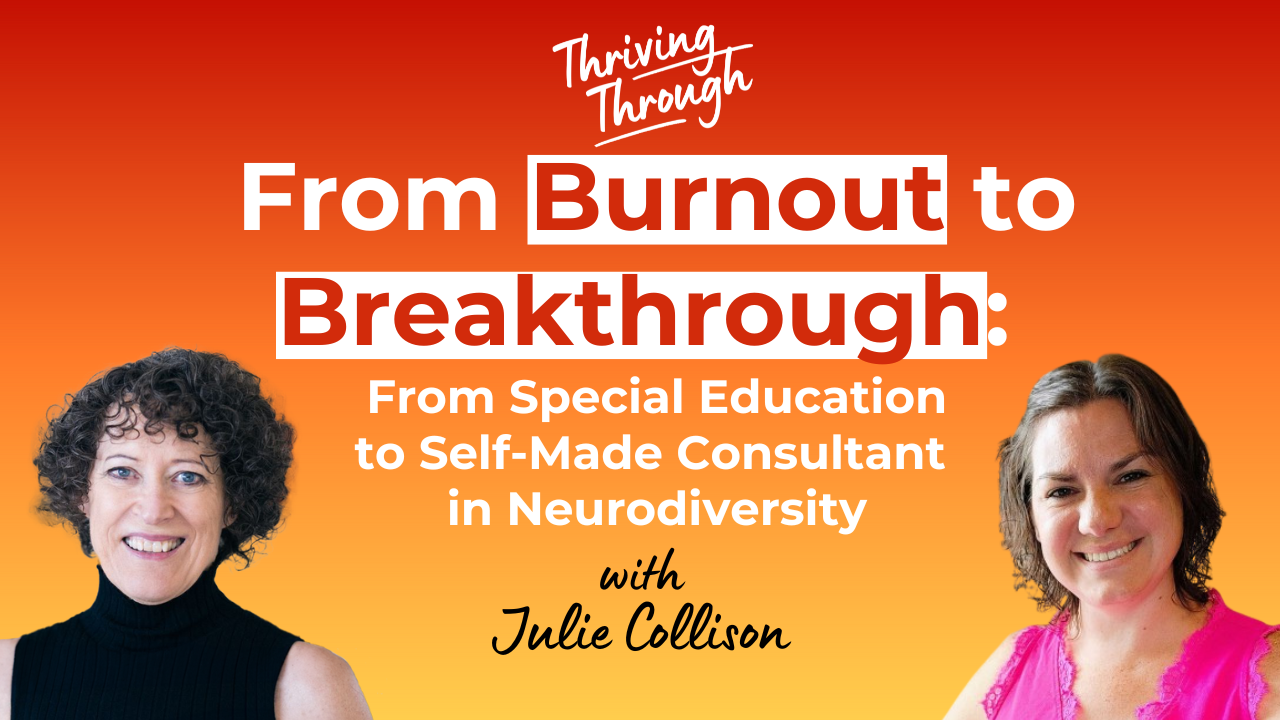
What happens when you leave the security of a government job to start your own consulting practice while struggling with mental health and raising two young daughters? Julie Collison, founder of Ingenuity Unlimited, pulls back the curtain on her first year as a special education consultant—and her story will resonate with anyone who's made the leap from employee to entrepreneur.
Julie's journey is refreshingly honest about the real challenges consultants face. She spent thousands on Facebook advertising that generated zero clients, joined Chambers of Commerce that provided great networking but no revenue, and struggled with the fundamental shift from nonprofit mindset to charging appropriately for her expertise. Most importantly, she reveals the internal battle many consultants face: being comfortable serving one market while knowing the real growth opportunity lies in another.
What makes Julie's story valuable is her willingness to share what actually worked versus what she thought would work. Referrals and in-person connections trumped expensive digital marketing every time. Her advice to fellow consultants struggling with the transition is both practical and deeply motivating: "Keep fighting... is this unhappy better or worse than that unhappy?"
Ready to hear the full story? Listen to Julie's complete interview to discover her specific strategies for building collaborative relationships, why she's focusing on the business market despite her comfort with families, and the exact moment she knew she had to leave her stable job.
🎙️ NEW PODCAST EPISODE: From Corporate to $100K+ Consulting: Jessica Rickle's Strategic Blueprint for Rapid Success
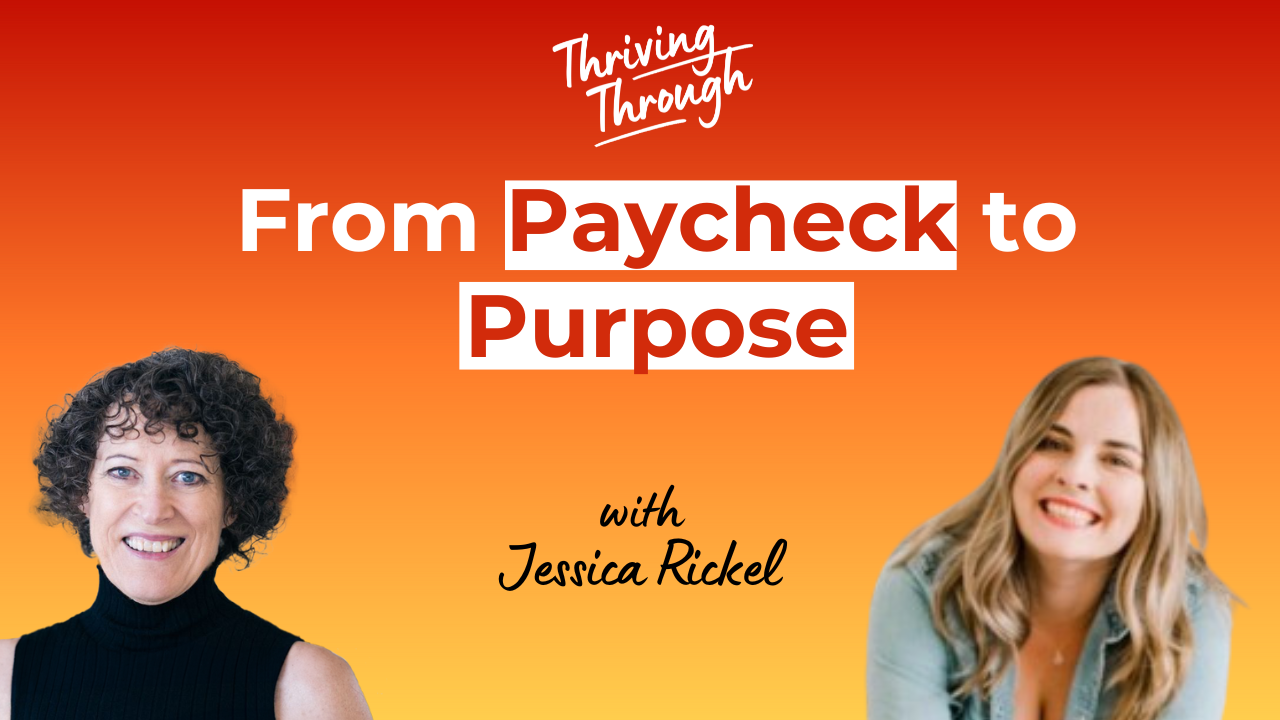
Most consultants struggle for years to replace their corporate salary—but Jessica Rickle of Set to Scale Business Services cracked the code in just six months. While still working full-time, she built a consulting practice that matched her corporate income by working only 10-15 hours per week on the side. Her secret? Starting with warm connections from her network and having the strategic foresight to test her business model before making the leap.
In this revealing episode, Jessica shares the exact strategies that enabled her remarkable transition from membership director to successful consultant. She breaks down how she grew a membership organization by 4,000 members in three years and why community-building is the ultimate competitive advantage. "People can find education anywhere, but that connection piece is what actually is the invaluable piece of whatever you're offering," Jessica explains. Perhaps most valuable are her insights about shifting from time-based retainers to deliverable-based pricing—a change that eliminated scope creep and increased both her income and client satisfaction.
Ready to accelerate your consulting success? Listen to the full interview to discover Jessica's complete framework for building a thriving practice, including her customer journey mapping process, automation strategies, and tips for creating scalable offerings. This episode is packed with actionable insights that could transform your consulting business.
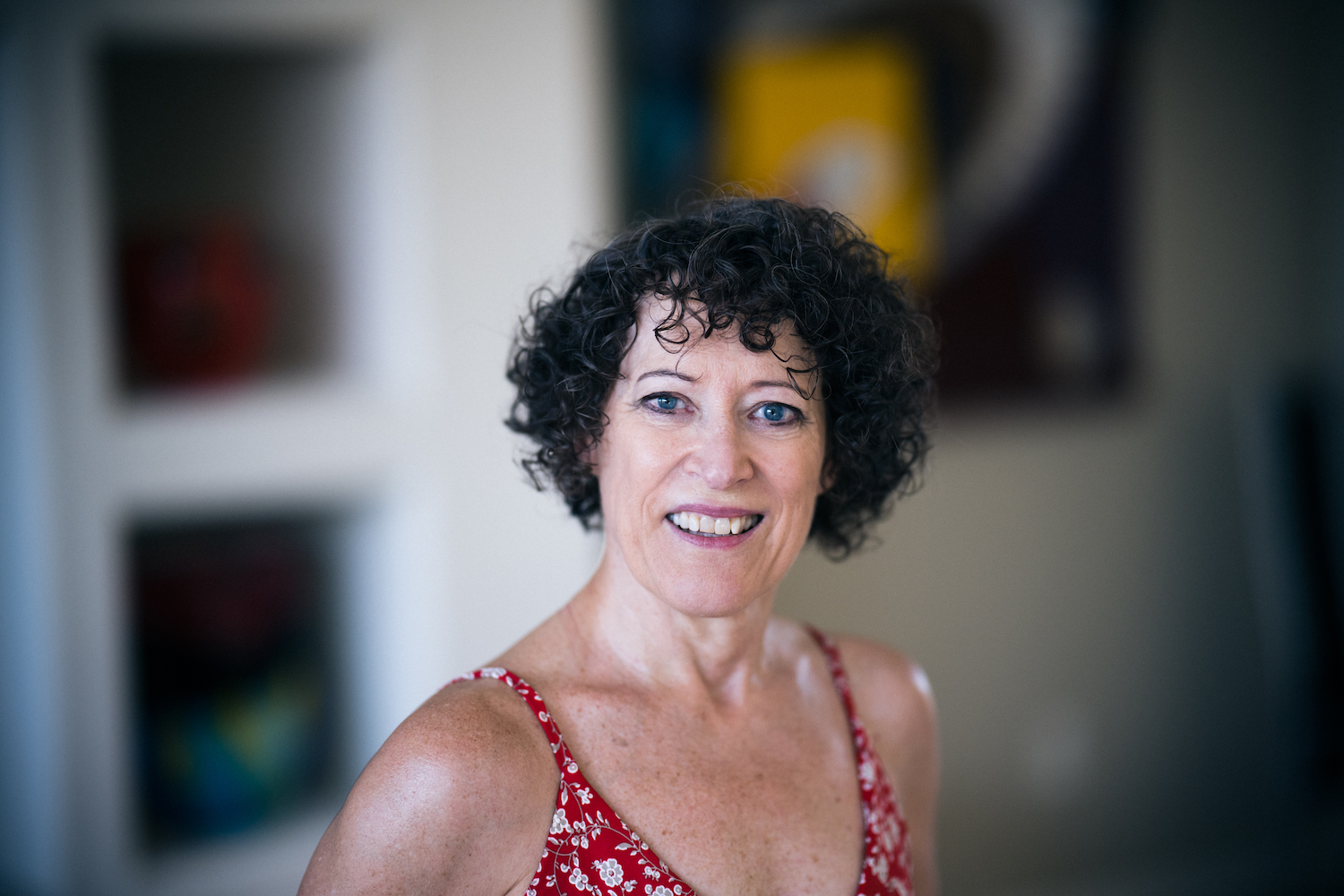
I ran a successful consulting company for over 35 years and have spent the last 5 years launching a coaching business in today's digital marketing landscape. Even with all my marketing expertise - 10 years in product management and marketing at Fortune 50 companies and MBA in marketing from UCLA - there were many years when my marketing wasn't bringing in enough clients. And I didn't know why or what to do about it. I've talked to lots of self-employed consultants and have discovered that many (if not most) of them are struggling with the same problem. That's why I've made it my mission to help self-employed consultants develop personalized, end-to-end marketing systems that deliver consistent $10K+ months without traditional sales tactics or time-consuming content marketing activities so they can break the feast-or-famine cycle.

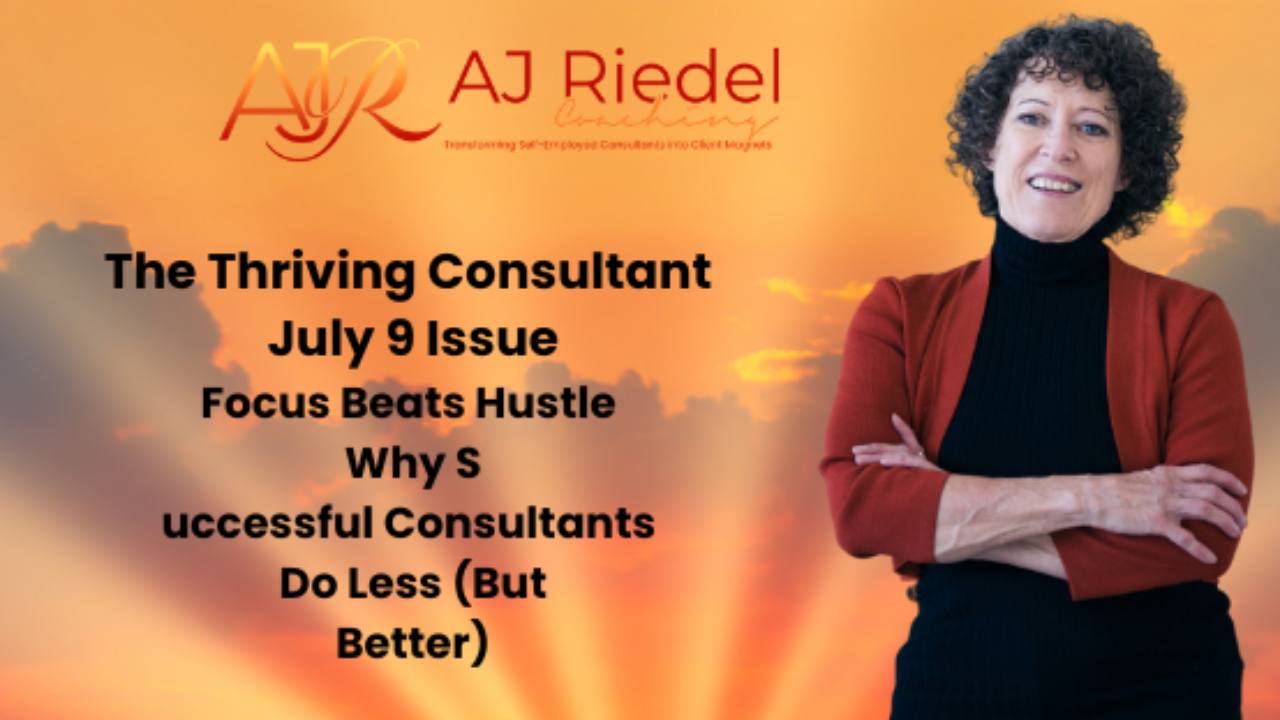
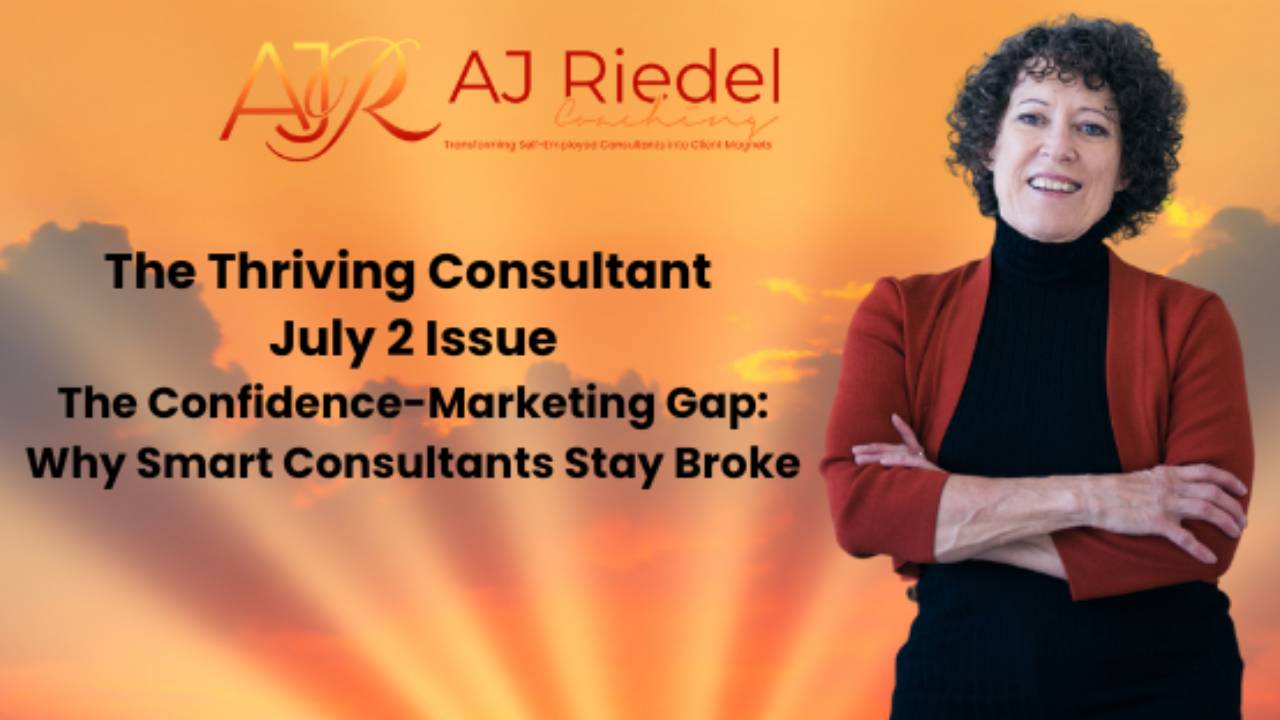


Responses